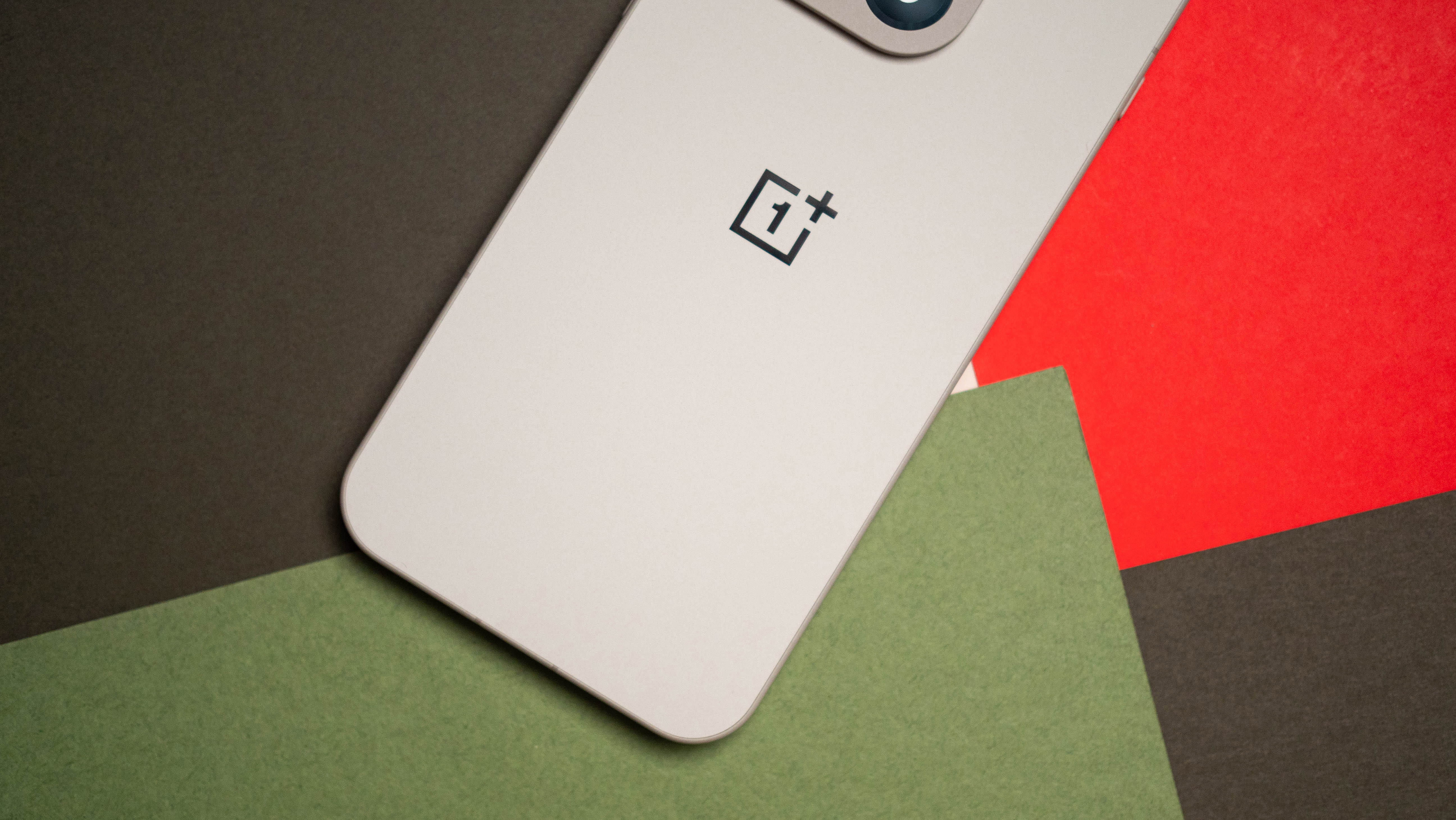Barnes & Noble reveals Microsoft's patent strategy against its Android powered devices

The cat's out of the bag, thanks to Barnes & Noble's letters to the ITC about their dispute with Microsoft. Rather than roll over and pay Microsoft what they demand like some big names in Android have done, B&N is fighting tooth and nail against the Redmond Devil Microsoft. It's fairly long, and apt to make your eyes bleed if you're not a lawyer, but you can see the full scope of the letter and attachments (which actually name the patents and quickly dismiss their validity) at the source link. Carry on past the break to read our layman's version.
Source: Groklaw. Thanks, John!
If things are really as they appear to B&N's attorneys (which Groklaw editor pj points out are experts in anti-trust law) Cravath, Swaine and Moore, then Microsoft has some 'splaining to do. It's confusing, complicated, and full of legalese that makes my brain hurt but here's the gist of it in handy (and hopefully less confusing) bullet point form:
- Microsoft asserts that they take credit for Android as a whole because of the patents supposedly in violation
- When examined, these patents "cover only arbitrary, outmoded and non-essential design features" but Microsoft demands "prohibitively expensive licensing fees", in an attempt to have "veto power" over Android's features
- Part of the license agreement is that Microsoft controls "design elements, requiring designers to adhere to specific hardware and software specifications in order to obtain a license"
- The patents in question all have significant cases of prior art, showing Microsoft neither came up with the idea nor had a right to patent it.
In a nutshell, Microsoft says that so much of Android uses their patented ideas, that they get to control how it's used -- and force OEM's to leave out OS functions or get approval for device design. In reality, Microsoft's patent claims are for things B&N (and their attorneys) feel are insignificant and won't stand up in court if challenged. A quote from B&N correspondence with the Department of Justice sums it up nicely:
Simply put, Microsoft is attempting to monopolize the mobile operating systems market and suppress competition by Android and other open source operating systems by, inter alia, demanding oppressive licensing terms directed to the entirety of Android, asserting this dominant position over Android on the basis of patents covering only trivial design choices and entering into a horizontal offensive patent agreement with Nokia
Finally, what's most interesting is that B&N isn't just defending themselves in any potential Microsoft suit, they are also going to the Dept. of Justice and presenting this as an anti-trust issue.
We have to wonder -- were the agreements other OEM's signed similar? Why would HTC and Samsung agree to allow Microsoft how to dictate device design? Granted, Groklaw isn't the most Microsoft friendly place on the Internet, and there are two sides to every story. Or maybe Microsoft is just evil.
Get the latest news from Android Central, your trusted companion in the world of Android

Jerry is an amateur woodworker and struggling shade tree mechanic. There's nothing he can't take apart, but many things he can't reassemble. You'll find him writing and speaking his loud opinion on Android Central and occasionally on Threads.
